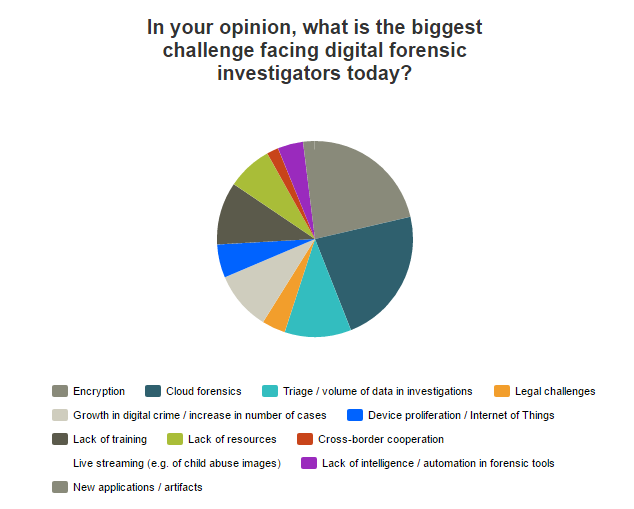Some time ago, I was hired by a computer forensic science company to work as a consultant. It’s a term that mixes detective work, marketing and sales. A forensic investigation work takes years of training and successfully passes several certifications, such as IACIS, the International Association of Computer Investigation Specialists. After an intensive computer forensic course, I continued my research.
Computer forensics is a growing field as more and more people are using computers more and more of them are using computers and other digital devices for criminal purposes. Growth in this area ranges from 22 to 27% until 2018. This growth is reflected by the increase in the number of private detectives and jobs related to IT support. (According to geteducated.com.) Most of the information I find related to forensic computer news is new programs offered by universities and colleges. Other news is related to the opening of new laboratories, both privately and by the national government.
Some of the information that I am is related to spam, hacking, criminal harassment and other computer crimes. These articles are becoming more numerous, the authors ranging from teenagers to older adults. Criminal activity can take the form of securities fraud, embezzlement and data theft.
The lawyers are involved. They are on both sides of the criminal and civil cases related to computers. They learn computer forensics in order to engage intelligent and efficient people to manage their evidence and conduct a subsequent investigation of recovered data. The lawyers discovered that they were learning a new litigation technique.
Overall, the growth of computer forensic jobs is related to the growth in the use of computers by individuals. This relatively new sector of IT jobs has only limited information on the growth of this sector. Press releases and the wish of higher education to add this topic to the growth of its curriculum.
